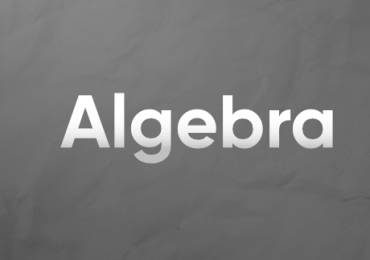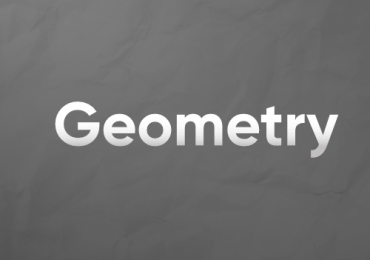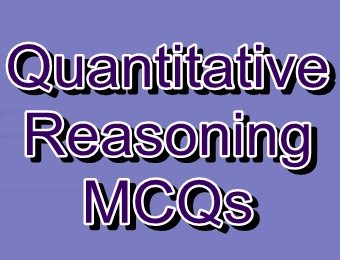If you are preparing for the entry test and looking for 1st Year Math Chapter 4 Quadratic Equations MCQs With Answers then this is the right place. Here you can get the important MCQs of this chapter. In this chapter, there are some important concepts including Quadratic equations and their solutions, three cube roots of unity, fourth roots of unity, polynomial functions, synthetic division, roots and coefficients of quadratic equations, and formation of equations whose roots are given. Then there are some more concepts including the nature of the roots of quadratic equations, the system of two equations, and problems with quadratic equations. So, you will find 1st Year Mathematics MCQs of these concepts here. Here below, a quiz is given. Solve this quiz and at the end, check the answers. Scroll down and check the MCQs.
1st Year Math Chapter 4 Quadratic Equations MCQs With Answers
1014



